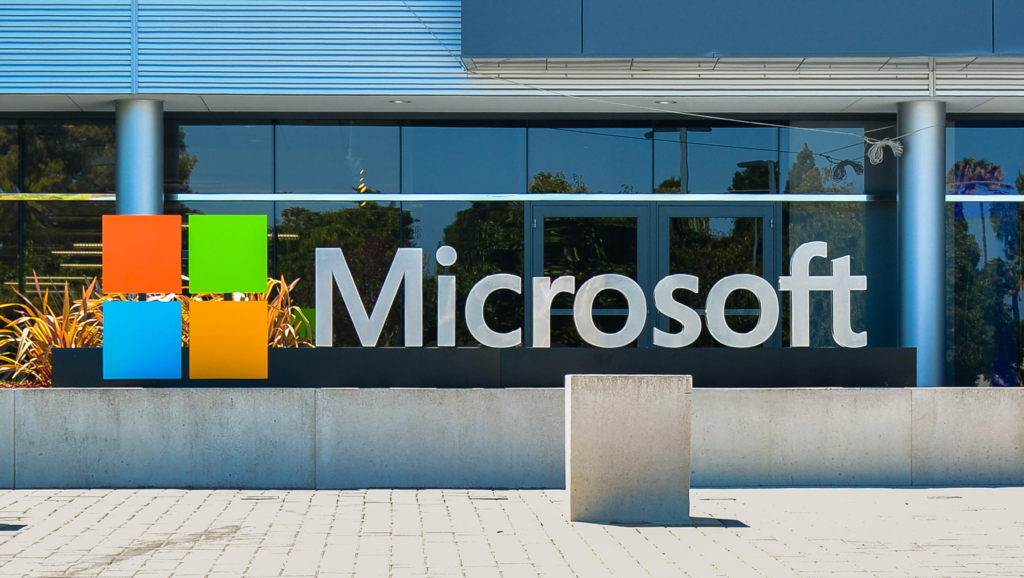Running Tide, an ocean health company, announced a partnership with Microsoft for ocean-based carbon dioxide removal, utilising technology that accelerates the ocean’s ability to naturally remove CO2 and permanently sink it into the deep ocean.
Running Tide will remove 12,000 tonnes of carbon dioxide equivalent (C02e) on behalf of Microsoft under the new deal.
Although most technology and techniques for capturing and storing carbon from the atmosphere are still in their early phases, carbon removal is emerging as a critical instrument in the fight against climate change. According to the landmark IPCC climate change mitigation assessment issued this year, scenarios restricting warming to 1.5°C include carbon dioxide removal (CDR) systems capable of removing billions of tonnes of CO2 per year over the next several decades.
Running Tide was founded in 2017 with the goal of rebalancing the carbon cycle, decarbonising global supply chains, restoring marine ecosystems, and revitalising coastal communities. The company is developing and deploying an Ocean Carbon Removal system to magnify and validate numerous natural carbon removal processes. The company employs natural processes, including photosynthesis and ocean alkalinity enhancement, to fix carbon from the fast carbon cycle, then sinks the carbon in the deep ocean for safe long-term storage in the slow carbon cycle.
Encouraging and employing carbon removal is part of Microsoft’s goal of becoming carbon negative by 2030 and eliminating all its historical emissions by 2050. Microsoft recently partnered with Climeworks, a Direct Air Capture (DAC) firm, to permanently remove 10,000 tonnes of CO2 emissions.
The deal between the corporation and Microsoft also includes innovations to ensure effective measurement, reporting, and verification (MRV). According to Running Tide, the ocean-based CDR market is still in its early stages and needs third-party certifications. In addition, as a major carbon removal customer, Microsoft has included quality assurance stage gates in the agreement. Running Tide, for example, stated that improvements in the quality of the MRV system will enable larger purchases of carbon removal.
